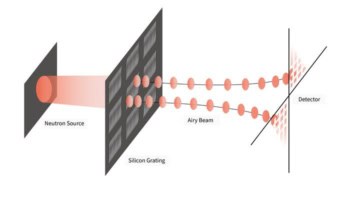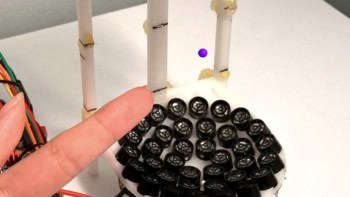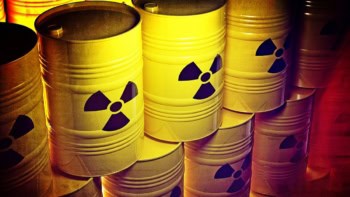Austrian hopes to build either a crystal-growth facility or a pulsed neutron source have been given a frosty reception by the European Science Foundation (ESF).
An expert panel set up by the ESF concluded that there is no need for a large crystal growth laboratory in Europe and that the case for the Austron neutron source is not strong enough, although it did not dismiss Austron completely.
The chairman of the panel, Reinder van Duinen, president of the NWO research council in the Netherlands, said: “The scientific baseline of both projects is sound, but the case for active support by the international community at either the regional or European level has not been made convincingly.” This is the first time that a European country has approached the ESF for advice on its scientific priorities.
According to the ESF, “the EURO-CRYST proposal to establish a large research centre on a green-field site did not win the panel’s support. No convincing added value would be achieved by massing crystal research together under such a central unitary structure at such high costs”. The panel also felt that the proposed activities at EURO-CRYST were too specialized and disparate, and that it was preferable for crystal researchers to work more closely with teams in universities. However, the panel did see advantages in establishing a “distributed laboratory” by creating a network of existing crystal-growth research centres, and encouraged Austria to take the lead in setting up such a laboratory.
The panel acknowledged that the proposal for Austron, a medium-sized pulsed neutron source for central Europe, was technically feasible but concluded that “the `scientific-strategic positioning’ of the source has not yet been sufficiently demonstrated”. However, the panel noted that a “window of opportunity” for a new European neutron source did exist: “We believe that the Austron proposal needs to be adjusted to comply with transnational expectations and, if pursued, should move forward quickly to avoid missing the present window of opportunity.”



